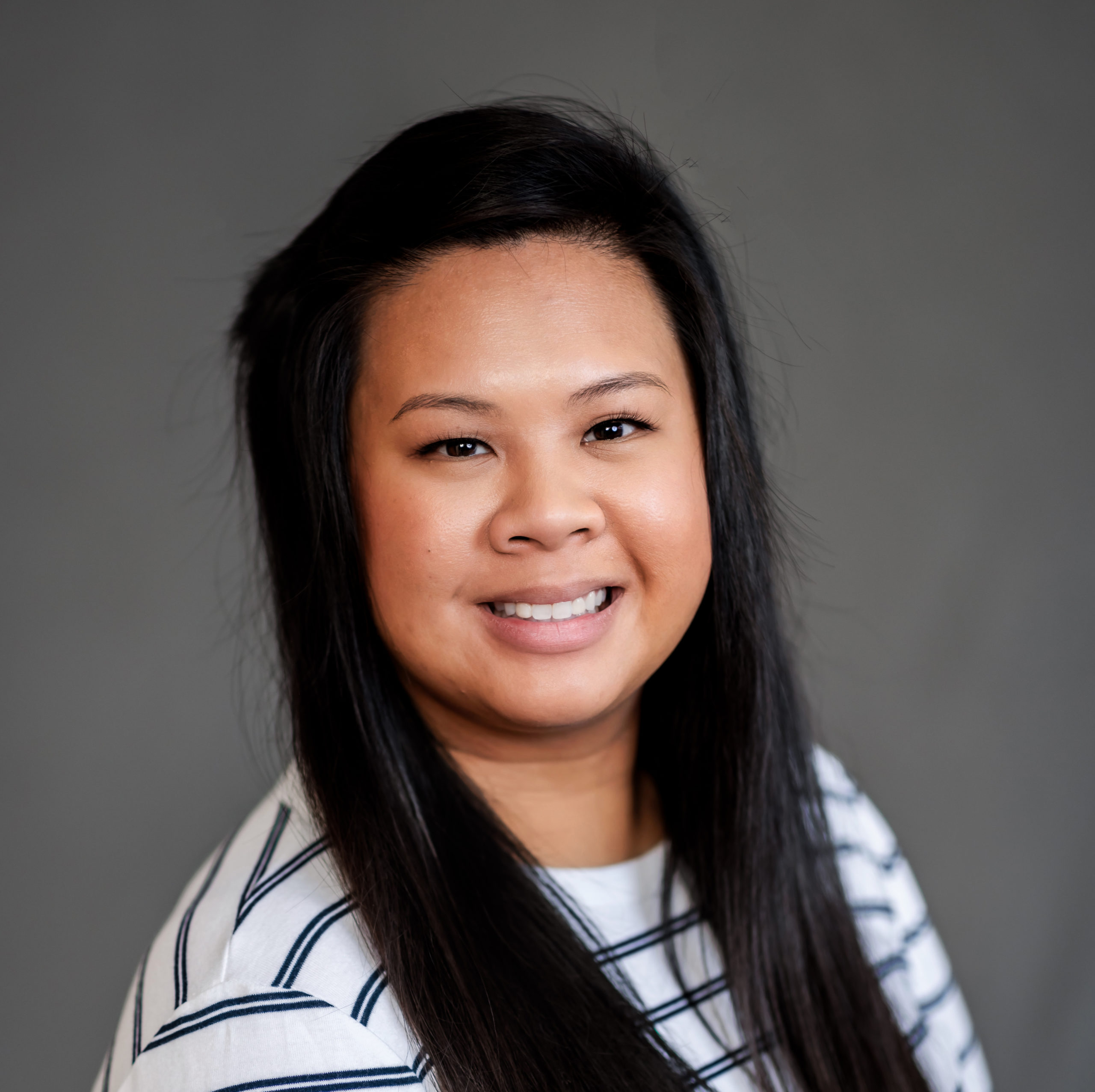In January 2023, the Center for First-generation Student Success named Metropolitan State University of Denver to the First Scholars Network, a four-phase approach that helps institutions build knowledge and resources to advance outcomes for first-generation students.
MSU Denver has now advanced to the third phase of the network journey, First Scholars, during which the University will receive a customized approach from the organization to transform institutional infrastructure and support to advance first-generation-student success.
During this phase, the MSU Denver First-Generation Initiatives program is spearheading a steering committee of cross-campus partners to:
- Develop a vision and strategy.
- Scale co-curricular programming and initiatives.
- Implement institutional policies that will holistically serve first-generation students and improve student retention.
Through ongoing collaboration with the National Association of Student Personnel Administrators’ First Scholars Network, these efforts aim to create an inclusive and empowering environment that addresses the unique needs of first-generation students.

“The collaboration between First Scholars and First–Generation Initiatives is beneficial to the entire MSU Denver community,” said Nhi Dang, associate director of Equity and Racial Justice Programs. “It will provide opportunities to access best practices and successful models implemented at similar institutions, network–build with other first-generation experts and incorporate a holistic approach to developing a comprehensive and multifaceted support system that addresses academic, social and personal aspects of the first-generation–student experience.”
MSU Denver’s ultimate charge is to close equity gaps in student retention and completion between first-generation students and continuing non-first-generation students. To reach this goal, the University will:
- Establish clear institutionwide first-generation definition at MSU Denver.
- Identify and analyze the programs, people, services, communications and other resources that exist at MSU Denver.
- Collaborate with the campus community to identify policies, processes and procedures that may be barriers for first-generation students and create an institutional culture inclusive of first-generation pride.
- Review historical institutional data related to first-generation-student characteristics. Identify needs, gaps, similarities, etc., in persisting and nonpersisting first-generation college students.
- Survey or provide focus groups of first-generation students to learn more about their needs.
- Provide training for employees to learn more about the characteristics of first-generation students. Educate employees to be aware of, advocate for and support first-generation students.
Ways to get involved:
- Join the First-Generation Faculty and Staff Directory.
- Attend the Spring First-Generation Graduation Celebration.
- April 29
- 5-7 p.m.
- Tivoli Turnhalle
Resources to support first-generation students
- Learn about the First-Generation Initiatives program at MSU Denver.
- See and apply data available on the Retention and Graduation Dashboard.
- Search for national research and studies on best practices in advancing the needs of first-generation students inside and outside of the classroom.
- Meet first-generation students and employees at MSU Denver.
About First-Generation Student Initiatives in the Classroom to Career Hub
At MSU Denver, 59.7% of undergraduates are first-generation students. The First-Generation Initiatives Program in the Classroom to Career Hub serves a dual purpose. The program is a resource for first-generation students as they navigate campus. Best practices and data-informed strategies drive the intentional academic, career and community-building activities that seek to affirm first-generation students intersecting and unique identities while also supporting their academic and career goals.
The First-Generation Initiatives Program has a mission to raise awareness about first-generation students by engaging in campus partnerships and community-building activities for faculty, staff and students. This is achieved by:
- Building a community.
- Serving as advocates.
- Educating the campus community about the first-generation experience.
- Influencing University policies and practices to be more inclusive of the first-generation identity.
- Developing co-curricular programs and initiatives that meaningfully support first-generation students.

